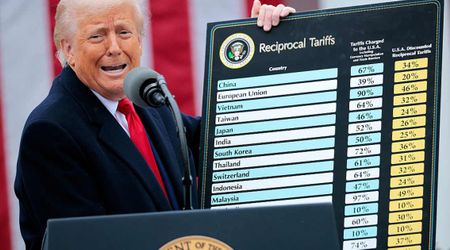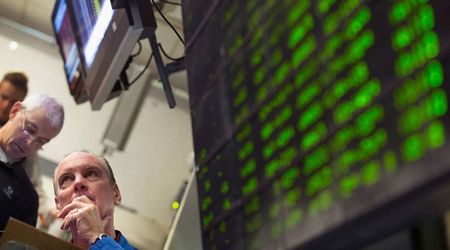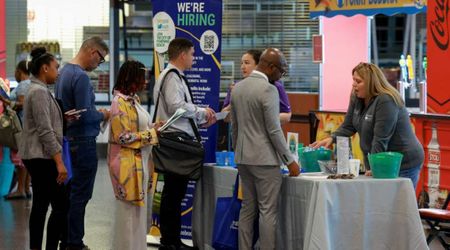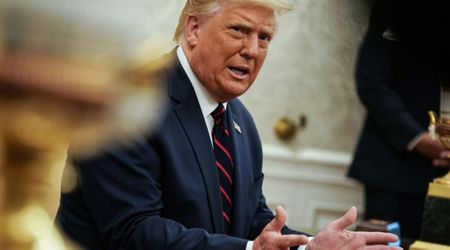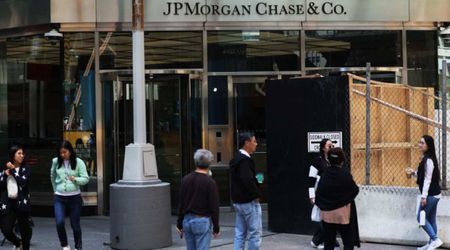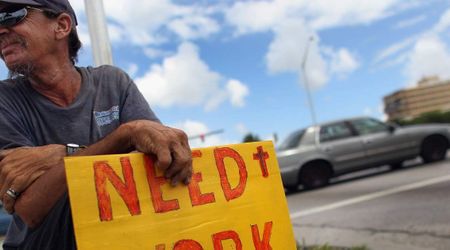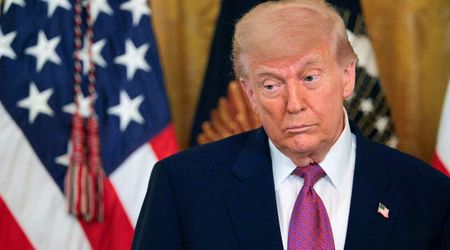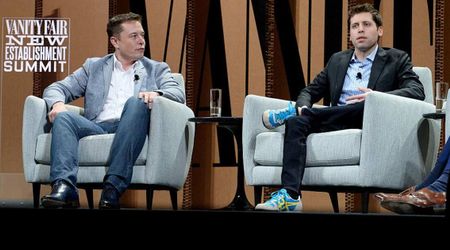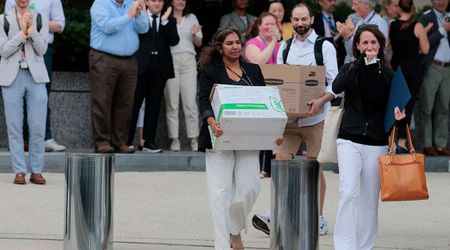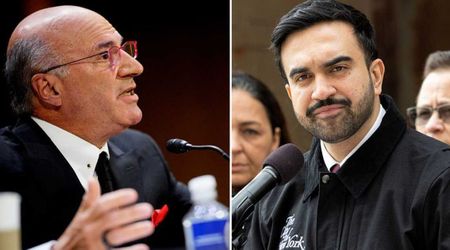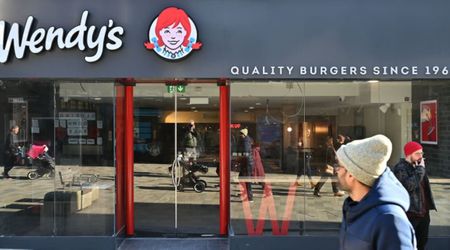US Small Businesses Rally Behind Minimum Wage Hike, Yet Grapple With Worker Affordability Concerns

As we approach elections, understanding how Americans perceive the economy becomes increasingly important. While many communities are grappling with affordability crises, where low-wage workers struggle to afford basic necessities despite working full-time, small business owners are directly impacted by policy changes. As the minimum wage debate gains momentum, it is sure to provide insights into voter sentiment as November approaches.
These big increases in the National Minimum Wage (NMW) and National Living Wage (NLW) will boost the real incomes of many workers (not just the lowest paid), but don't forget the trade-offs.
— Julian Jessop (@julianHjessop) November 21, 2023
Two potential problems...
1. This is pushing the limits of what firms will be able to… pic.twitter.com/NMOKmHXnoW
Support for Minimum Wage Increase, Yet Concerns Persist
In various states and cities, minimum wage hikes have either recently occurred or are planned, with some jurisdictions surpassing federal standards to align with local living costs. According to the latest reports, a significant majority (61%) of small business owners endorse raising the minimum wage in their respective states. However, nearly half (50%) express concerns about the potential difficulty in affording necessary workers following such increases.
The survey, conducted among over 3,000 small business owners across the United States from January 22 to February 1, 2024, reveals an intriguing dichotomy: while supportive of minimum wage hikes, small business owners show apprehensions regarding their implementation.

Diverse Perspectives Emerge
Recent backing for minimum wage increases from some business owners highlights expectations of bolstered local economies and improved employee satisfaction. Conversely, concerns persist among another cohort, particularly regarding potential profit reduction and limited hiring capabilities, especially for businesses operating on narrow margins.
The study also identified demographic trends in minimum wage support. Women, black individuals, those under 45, Democrats, and those in the arts/entertainment or non-profit sectors tend to favor such increases. Conversely, men, individuals over 45, white individuals, Republicans, and those in manufacturing or agriculture industries are less inclined to support them.

Demographic Trends and Conflicting Views
Small business owners exhibit mixed sentiments regarding the impact of minimum wage hikes on hiring. While half anticipate hiring challenges, nearly an equal share foresee no impact. Among those with recent job openings, a significantly higher proportion, believe that higher minimum wages would hinder rather than benefit their businesses.
Despite overarching support for minimum wage increases, concerns about their adverse effects on business viability persist among various demographic groups. Even proponents express apprehensions about potential profitability implications.

The grassroots campaign that advocates for a $15 minimum wage has been a prominent force in the socio-economic landscape for over a decade. Originating in the fast-food industry, the movement has garnered widespread support from low-wage workers, labor unions, and social justice activists across various sectors.
Driven by the recognition of the growing income inequality and the struggle of low-wage workers to make ends meet, the movement has mobilized efforts to push for legislative changes at both the state and federal levels.
While some businesses may adapt by adjusting pricing strategies, implementing efficiency measures, or reallocating resources, others may face greater challenges in maintaining profitability.




